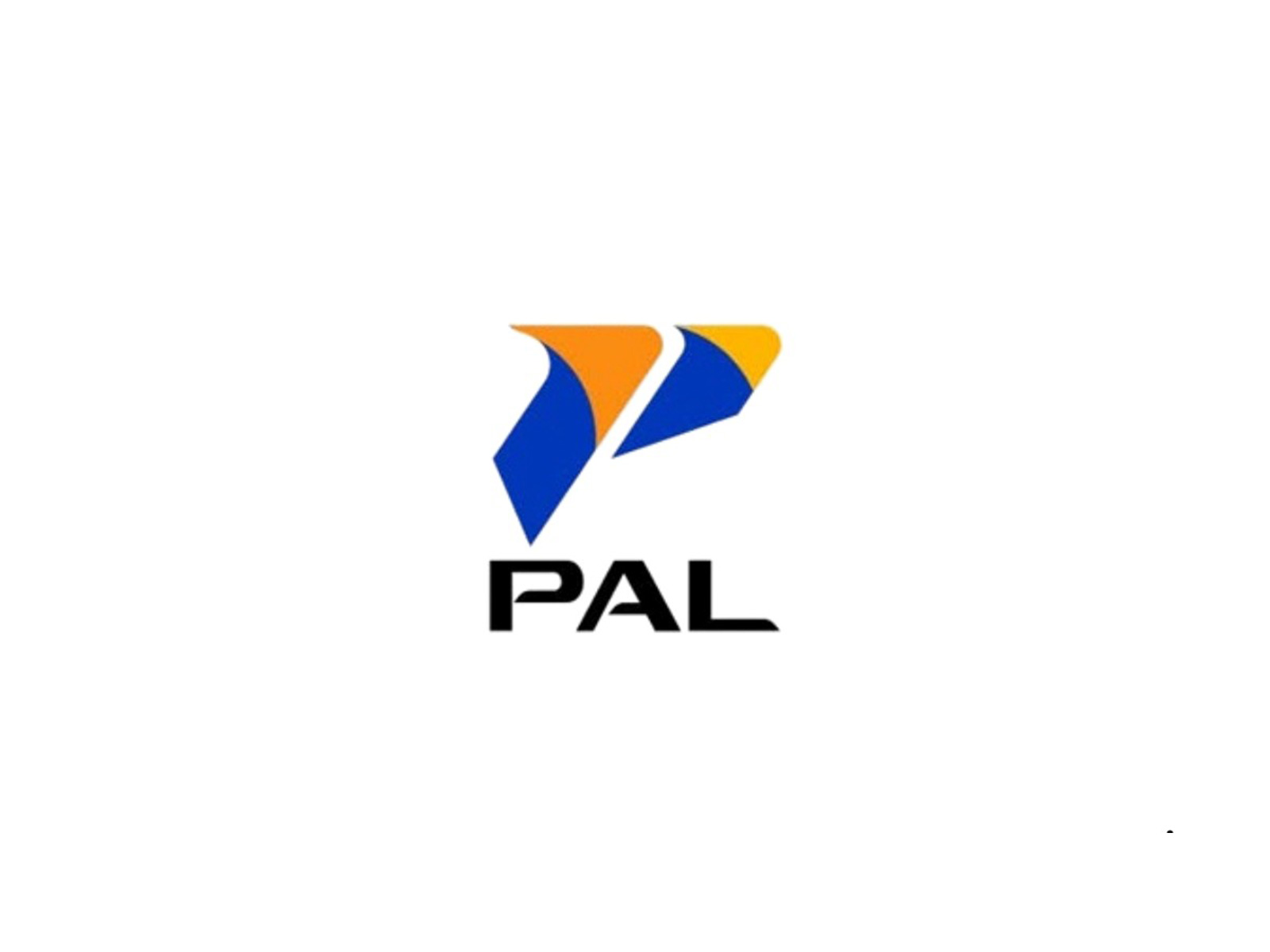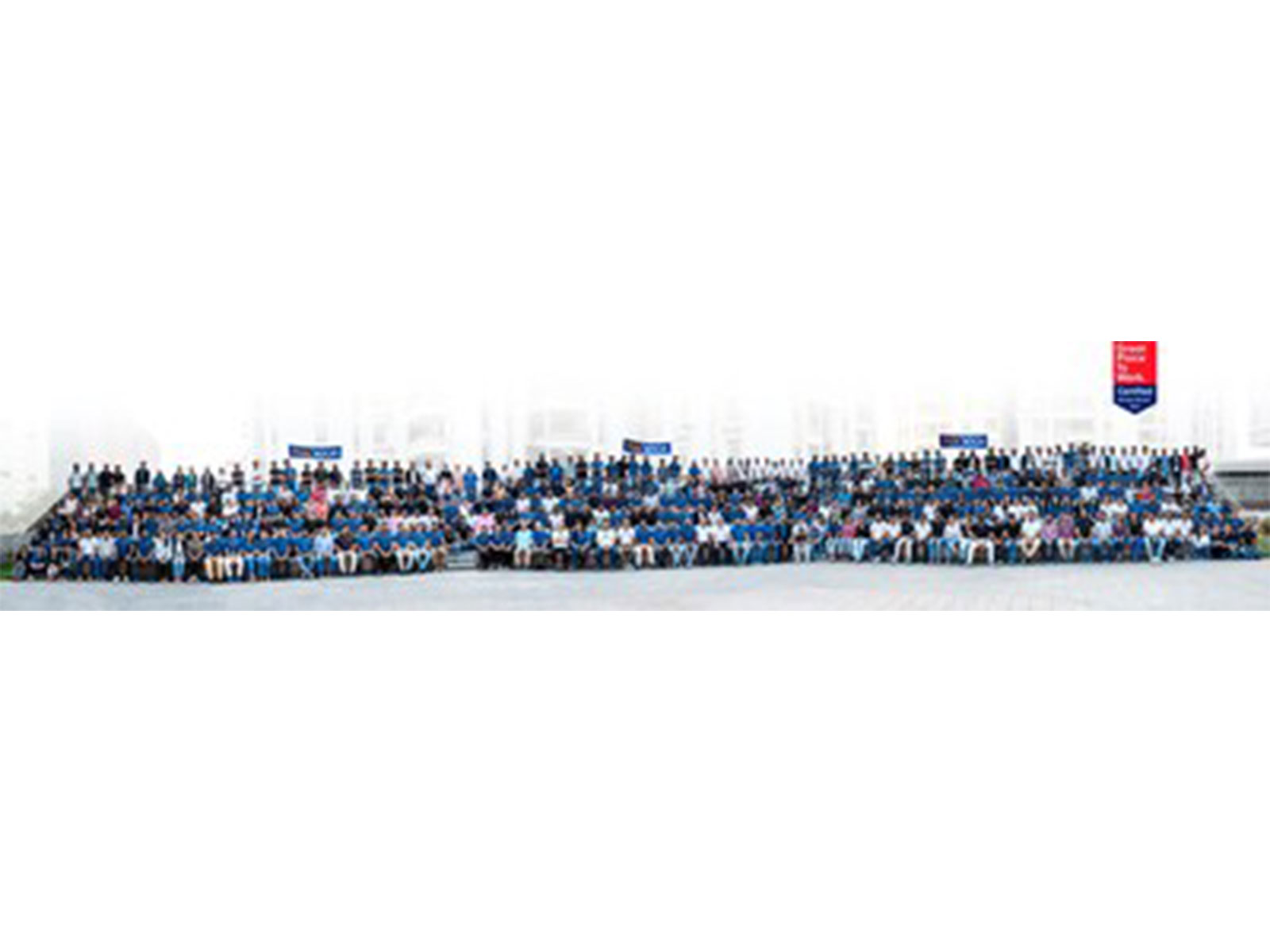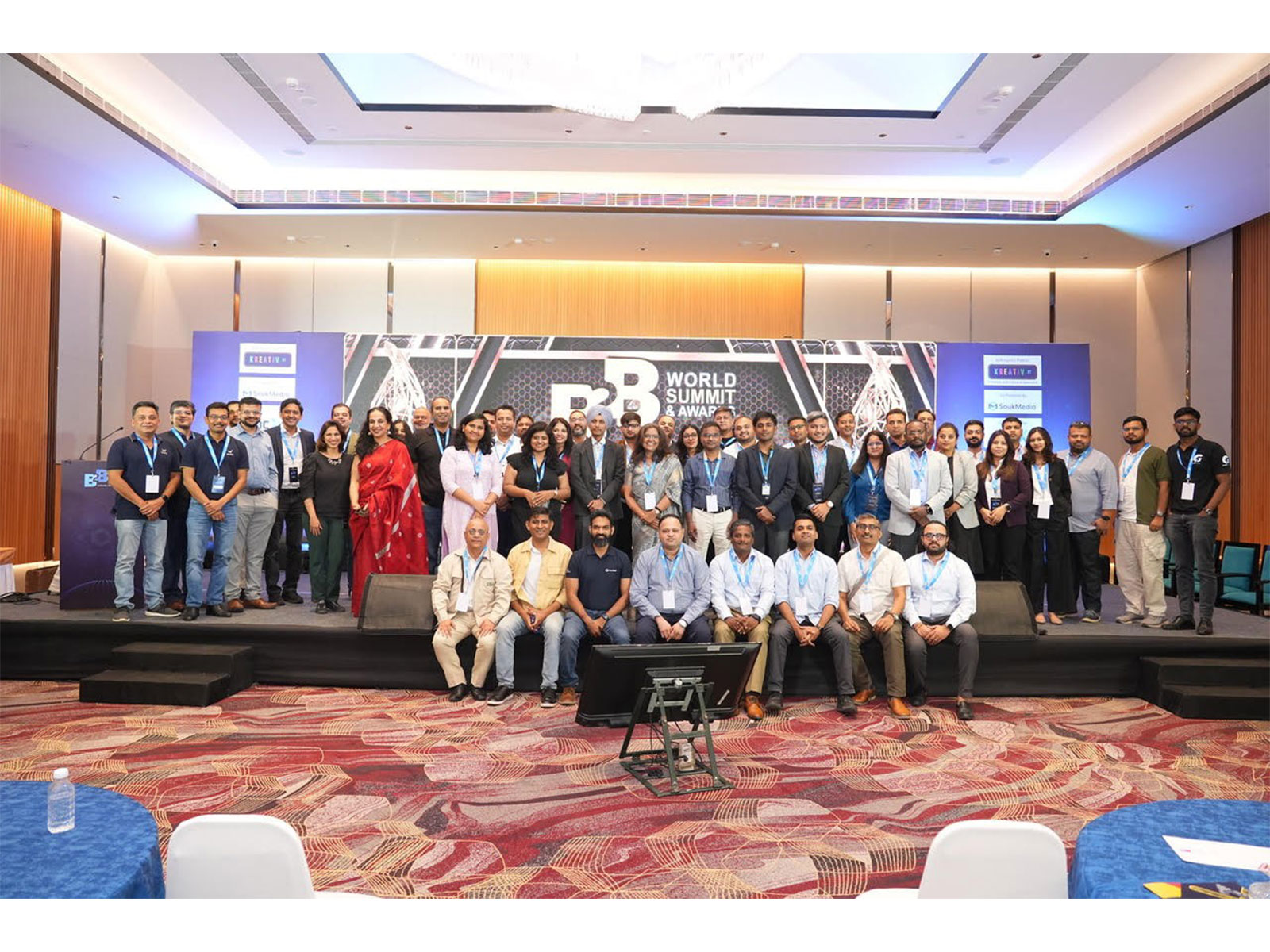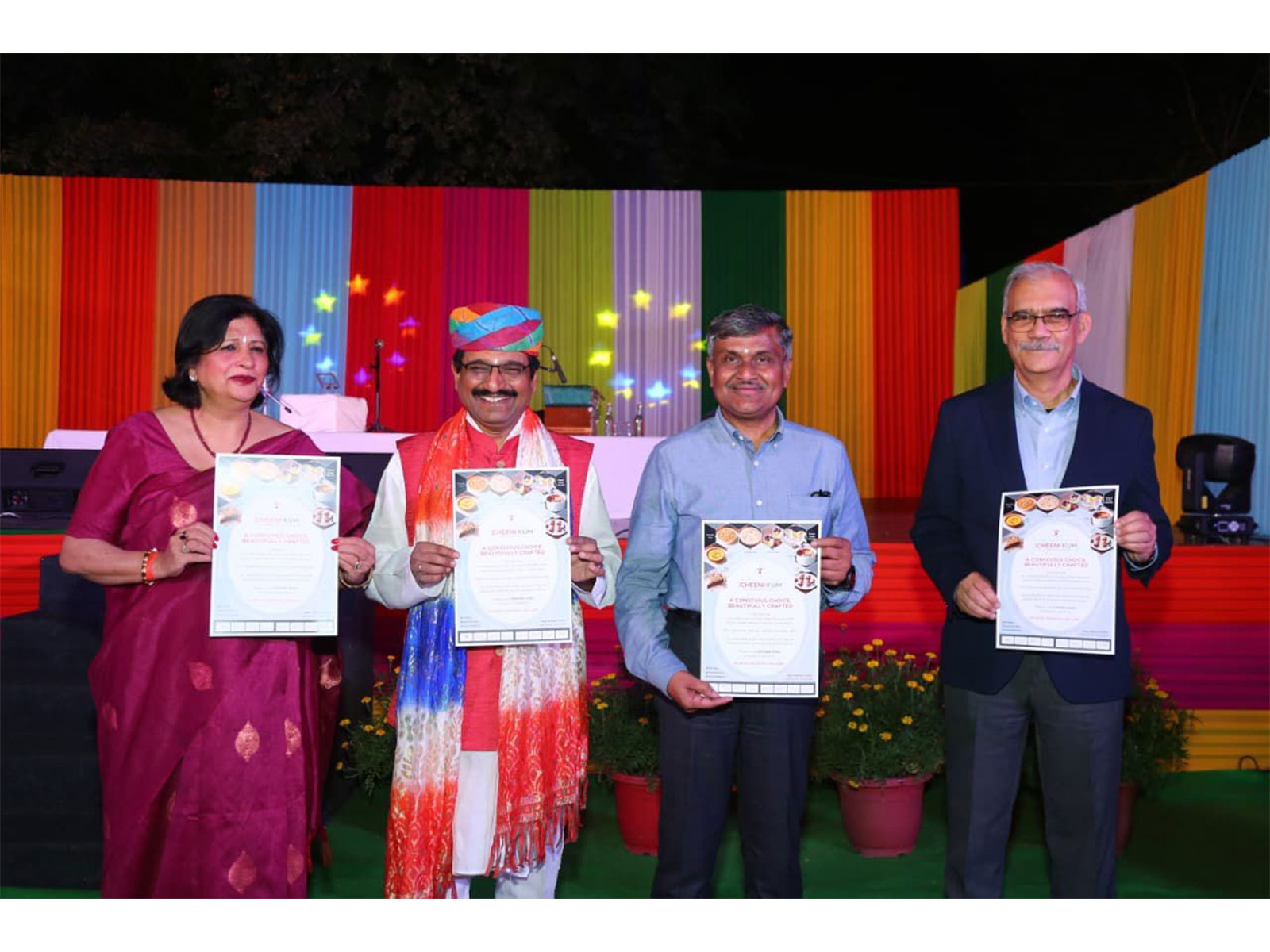Putin's adviser warns about Russia's economy
Jul 15, 2025
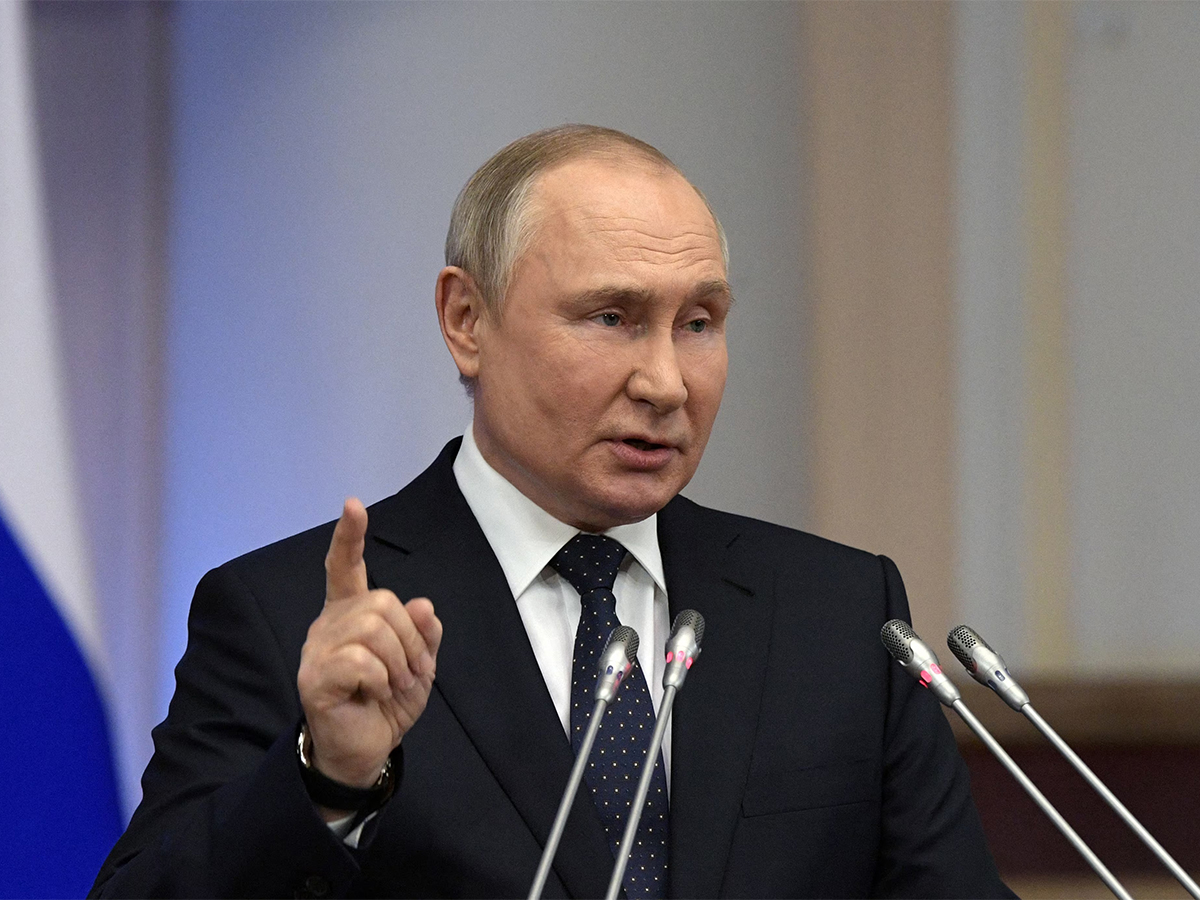
Moscow [Russia], July 15: Russia's economy is showing signs of strain and monetary policy needs to be loosened quickly to avoid recession, according to a senior Kremlin adviser.
Boris Titov, Russia 's Presidential Commissioner for Entrepreneurs' Rights , sounded the alarm while commenting on a new survey by the Institute of Economic Forecasting of the Russian Academy of Sciences, conducted earlier this year on industrial and infrastructure enterprises, according to RT on July 14.
"The results, although expected, are not very positive," Mr. Titov wrote on the Telegram app on July 14, pointing to a decline in investment activity.
Less than half of companies are investing, down from 64% a year ago, according to the survey. Only 35% of companies are preparing to start new production, down from 50%.
Access to credit has also deteriorated, with only 32.5% of businesses considering investment loans affordable, down from nearly 40%, while the proportion of businesses investing without borrowing nearly doubled, from 24% to 43.7%. A growing number of businesses have expressed concerns about weakening domestic demand.
"If the situation does not change, the problems will increase," Mr. Titov said, stressing that "monetary policy needs to be loosened urgently."
The Russian Central Bank cut its key interest rate by 100 basis points in June, to 20%, citing falling inflation. It was the first rate cut since 2022, when the central bank adopted a tight monetary policy to stabilize the economy amid Western sanctions .
The economy, apart from the defense sector, needs cheap credit, and current growth is being fueled by previous momentum, the official said.
Russia's economy has been operating under unprecedented Western sanctions since it launched its military campaign in Ukraine in 2022. However, it has beaten forecasts, with GDP growing 4.1% in 2023 and 4.3% in 2024.
Still, Russian Economic Development Minister Maksim Reshetnikov warned last month that the economy may be starting to slow, noting that the trend depends largely on policy, especially interest rates. The Russian Central Bank expects growth to slow to 1-2% by 2025, while the government has a more optimistic forecast of 2.5%.
Source: Thanh Nien Newspaper
